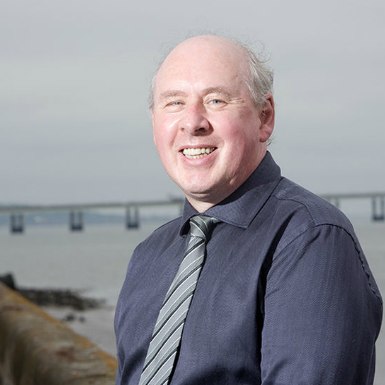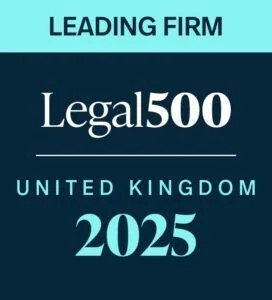The case of Danielle Weddle against Glasgow City Council goes a long way to clarify the law in relation to the circumstances applying to a victim who witnesses an accident and suffers a psychiatric injury but is not, in any way, physically injured as a result of the accident. The case of Weddle involved a witness of the Glasgow bin lorry crash which took place in central Glasgow in December 2014.
In considering the appropriate criteria, the parties agreed that the primary question was whether the Pursuer fell within a class of persons who, having only suffered a psychiatric injury, was nevertheless entitled to recover damages. In other words, was the Pursuer a primary victim? If she was able to establish herself as a primary victim she will be able to recover damages for her losses in exactly the same way as somebody who had been physically injured in the same accident.
So how can the Pursuer prove she is a primary victim?
There are two ways. She could prove that, from an objective perspective, she was actually exposed to danger. Alternatively, if not exposed to danger, the pursuer can recover damages if she can show she reasonably believed she was exposed to danger.
So how will this work in practice? For example, if a speeding car tis hurtling towards an individual but manages to swerve and avoid the person within 5 yards prior to impact then it seems reasonable to assume that, from an objective and indeed subjective perspective, that person was both in very real danger and it was reasonable for them to believe themselves to be. If, however, the same speeding car had stopped 50 yards prior to the impact point can the same conclusion be reached? Most likely not from either an objective or subjective point of view. So to establish the test of being a primary victim, the object and/or person creating the danger has to be in reasonably close proximity to the victim and be presenting more than just the possibility of danger. It has to be real.
So, in this case of Weddle, in order to come to a conclusion on whether the test applied physical factors such as location, speed, distance and direction required to be carefully considered.
Having done so, the conclusion reached by the court was that, at no point, could it be said that the bin lorry was coming towards the Pursuer or indeed would ever have been likely to have done so. Indeed, the direction of travel was away from the Pursuer and not towards her. In the circumstances, on any view, the accident as far as the Pursuer was concerned could not be classed as a “near miss”.
Having concluded that the Pursuer was not, at any time, at risk of physical injury, the second strand of proving if the Pursuer had reasonable belief that she was in danger was also considered. Since the bin lorry was not heading towards her and, if anything, moving away from her, the court was not persuaded that even if the Pursuer believed herself to be in danger, in all of the circumstances, that was not a reasonable belief to have.
In light of this position, the court concluded that the Pursuer could not recover any damages as a primary victim.
It is, of course, possible for the Pursuer in certain circumstances to recover damages as a secondary victim. However, different principles apply. In those circumstances, the Pursuer may have been able to recover damages if, in fact, she had witnessed a victim being knocked down by the bin lorry and she had a sufficiently close connection to that victim ie a family member or close friend. That did not, however, apply to the Pursuer so it was not possible for her to consider herself as a secondary victim so no recovery could be made on that basis.
If you have been the victim of a psychiatric injury having witnessed an accident but not being directly involved in it we will be happy to advise you on whether you have a claim. Please complete our online enquiry form or call us on 0800 988 8082 and a member of our team will be able to assist.




